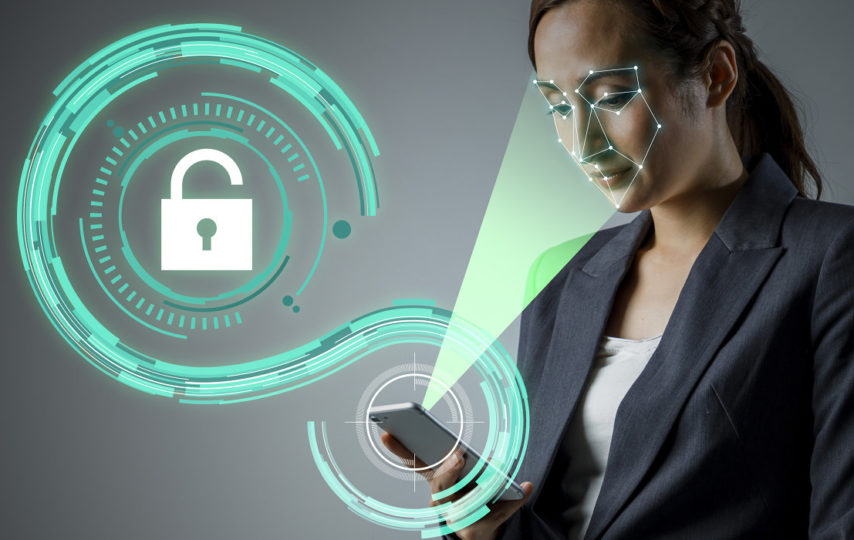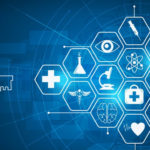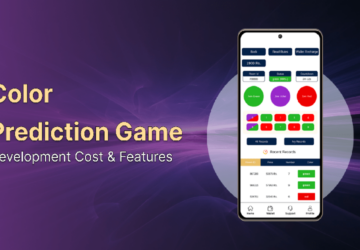Facial recognition technology continues to permeate different aspects of our lives. For example, facial verification technology can now be used instead of a password to unlock a user’s iPhone. Biometrics, including face verification, can be used to validate a user when making online purchases. This method is much more secure and convenient for the user than remembering user IDs and passwords.
We all know about Facebook’s feature of tagging people, based on face recognition online for identification. Facebook will even reach out to the person and ask “Is this you?”. If the person’s response is positive, the website validates the facial recognition for that person. Facial authentication is being employed in many sectors, the healthcare industry is not an exception as facial recognition software technology is already reshaping medical treatments and diagnostics.
Face Recognition Technology- to boom Healthcare :
The healthcare industry provides goods and services to treat patients with curative and palliative care. Biometric verification is such a powerful and all-encompassing phenomenon that has the potential to change the way we live and do business. When used in healthcare, face recognition technology changes the way patients are being treated. It simplifies the lives of patients, doctors, and hospital administrators by performing tasks that are typically done by humans, but in less time and at a fraction of the cost.
Steps of Facial Recognition Process:
The facial recognition system can be a very useful tool if all the key factors are satisfied. Facial recognition functions by examining the physical features of an individual’s face and map the unique features to distinguish from others. To verify someone’s identity, it follows three steps including detection, unique faceprint creation, and then verification.
In the first step, an image is captured of the individual’s face. In the second step, analysis is performed to identify the face. The third and final step is the comparison of an image that was taken and saved in the record for decision making thus mitigating the risk of identity theft or fraud. Let us look at how face recognition technology is reshaping healthcare sector:
- Making Huge Patient Data Safe:
A lot of scammers and fraudsters are attracted to the huge revenue of the healthcare industry.
Medical insurance data of patients are stolen by cybercriminals to avail or sell off further medical procedures. Face verification solutions technology is helping the insurance companies and hospitals to provide KYC services that can be used to keep identity theft at bay. Facial recognition technology has a feature of only live face detection which makes it difficult to be fooled. To meet KYC requirements and to protect data breaches biometric solutions play an important role.
- Enhanced Security:
Face verification plays a vital when it comes to security. Staff and patients of a hospital can be identified for entry an exit to provide a secure environment in the premises of hospitals. This makes the whole procedure more secure and seamless. This technology not only helps hospital security but provides ease to patients as:
- Patients can log in to the system using their mobile device
- The device will have the patient’s face in the record, so is the medication, and the patient taking the medication. This record will help to restrict access to unauthorized persons.
- Diagnosis Of Diseases:
Facial recognition can be used to scan a patient’s face to determine the patient’s level of pain to manage chronic pain and medication usage, especially for disabled patients. Recently rare genetic diseases can be diagnosed, for instance, DiGeorge Syndrome has recently been diagnosed which was difficult to detect otherwise. Computerized personal assistants will need facial recognition to analyze the emotional state of the patient to assist the patient appropriately. Behavioral analysis of children suffering from psychological disorders can be studied using this technology.
What Makes Facial Authentication So Important in Healthcare?
Face verification is affecting this sector as we know it. Most of the people may believe that face verification puts threats to personal privacy even then benefits it brings surpass all the risks to daily lives, as:
- Its accuracy rate is high
- The system expels major safety threats
- It is a cost-effective technology
- It is easy to use
- User acceptance is increasing
In a nutshell, Biometric technology is gaining grounds in identity verification procedures and is a somewhat more reliable procedure as compared to good old methods of verification. One of the hottest buzzwords in biometric verification is face verification. And with this has burst open a whole new world of exciting possibilities and challenges for businesses, governments, and individuals alike. face recognition software is highly impacting the healthcare sector in many amazing ways. From the detection of disease to securing big data at hospitals it is evolving healthcare in all possible ways. Face verification technology provides many solutions in this sector. Apart from its well-known feature of providing security this technology is paving its way in different sectors for many purposes.








